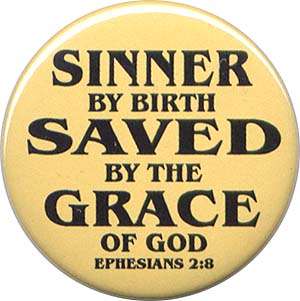"We are all like foolish puppets, who desiring to be kings, now lye hopelessly crippled, after cutting all our strings" Randy Stonehill.
Hard boiled confidence about who and what we are is everywhere. Just look at the popular tweets and phrases people post all day everyday and you'll see the problem isn't belief, which is really bizarre when we actually consider what is deemed irrefutable about human existence. You're born, you live and you die, in a universe that, in those hard terms, is, as far as we can tell, totally indifferent about us being here, about whether we survive, and doesn't give a damn about how we feel about it.
So why all the bells and whistles? Why do we seek to fill our time and heads with the idea that we have some meaning, that what we decide to do today counts, and that we should, indeed, seek to make it all count?
Well, you can take the view that it's just a 'meme' cul-de-sac... an evolutionary hick-up that just comes with the particular territory of being us, or you can entertain the thought that it all points to the fact that there's more going on, and more to unpack here.
Genesis tells us that when Adam became aware of what he was without the innocence of the garden, that he covered himself and told Eve to do the same.
Humanity didn't seek an answer to its malady - it clothed itself in its self-made poverty, and when God asked us to look at the results, we raised our defiance, lied our socks off about our tragedy, and exiled ourselves from love.
Religion is all about keeping us right there, bared in our own self exultation, but God raises a different image of worth - one which means we truly become people bared of such pretense, open to true worth and meaning once again.
I've said to several of my friends, just take some time to look at Jesus Christ - not our formulated ideas about Him, but the man Himself, as He speaks to us through the words and actions recorded in the Gospels. Not many do, because once you take that step, you're confronted with a humanity, a depth, that leaves us without the fig leaves, running for cover again.
Beyond the cliché's of Facebook and the face we present to the world, there's the pain of what we all face, and the grave before us. Jesus Christ is the only one in the history of our little world who says, there is a way back, and it'll change everything.
Why not take a look for yourself?





